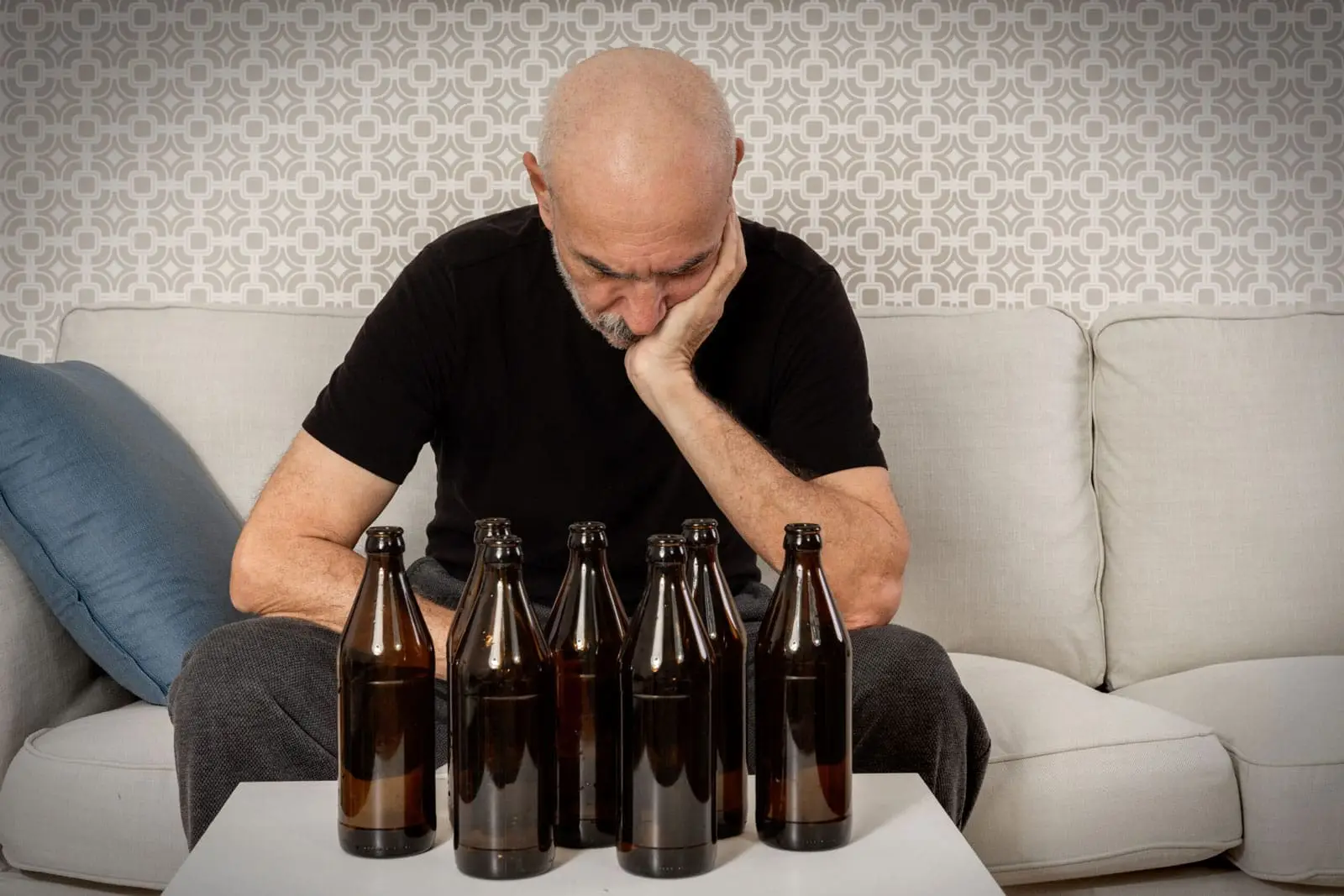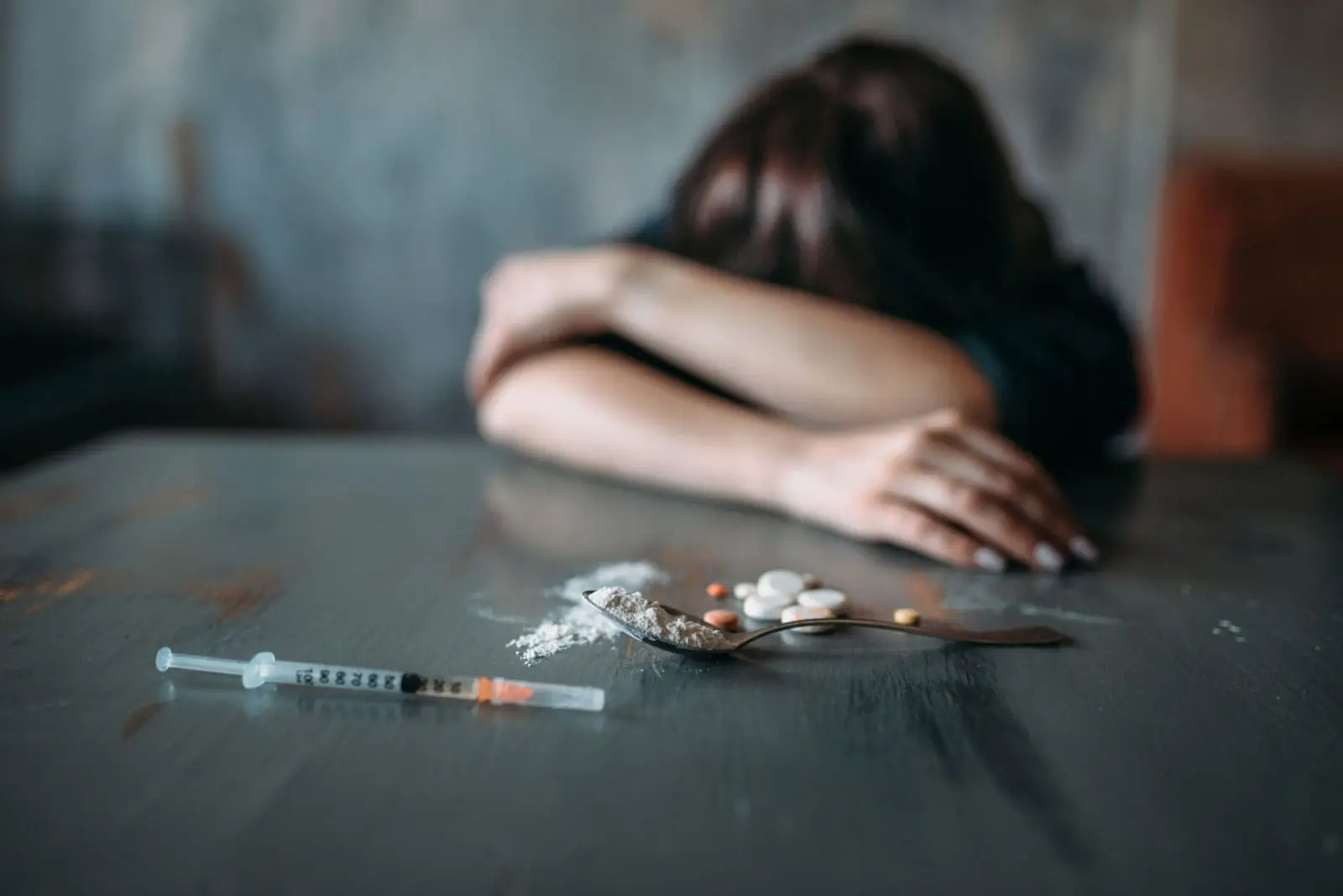Drug rehabilitation centers play a crucial role in helping individuals overcome addiction and reclaim their lives. These centers provide a structured environment where individuals can receive the support and treatment necessary to break free from the cycle of addiction. Understanding what a rehabilitation center offers is essential for making an informed decision.
Rehabilitation centers for drug addicts typically offer a range of services, including detoxification, counseling, therapy, and aftercare planning. Detoxification helps to manage withdrawal symptoms and cleanse the body of harmful substances. Counseling and therapy address the psychological aspects of addiction, helping individuals to understand the root causes of their substance abuse and develop coping mechanisms for a drug-free life.
Moreover, these centers often provide both inpatient and outpatient programs. Inpatient programs require individuals to stay at the facility for a specified period, offering an immersive experience with round-the-clock care and support. On the other hand, outpatient programs allow individuals to live at home while attending treatment sessions, making it easier to maintain work and family responsibilities.
It’s also important to consider the facility’s success rates and the qualifications of the staff. A reputable center will be staffed with experienced professionals, including doctors, therapists, and counselors, who specialize in addiction treatment. They will employ evidence-based practices tailored to meet the unique needs of each individual.
Yes, You Can Get Your Life Back. Call Absolute Awakenings Today.
Key Features of Effective Rehabilitation Centers
When searching for a rehabilitation center for drug addicts, it is crucial to identify key features that contribute to the effectiveness of the treatment programs. These features ensure that individuals receive the comprehensive care necessary for successful recovery.
One of the primary features of an effective rehabilitation center is a personalized treatment plan. Each individual’s journey through addiction is unique, and so are their recovery needs. Tailored treatment plans consider the individual’s specific circumstances, including the type and severity of the addiction, co-occurring mental health conditions, and personal preferences.
Another vital feature is the availability of evidence-based therapies. These therapies, including cognitive-behavioral therapy (CBT), dialectical behavior therapy (DBT), and motivational interviewing, have been scientifically validated to help individuals overcome addiction. An effective center will integrate these therapies into their programs, providing a well-rounded approach to treatment.
Comprehensive care also includes medical supervision, particularly during the detoxification phase. Medical professionals should be on hand to monitor patients’ health and manage withdrawal symptoms safely. This ensures that individuals are physically stable and ready to engage in further treatment.
Support services, such as family therapy and aftercare planning, are also crucial components. Addiction affects not just the individual but also their loved ones. Family therapy helps repair relationships and build a supportive home environment. Aftercare planning prepares individuals for life post-treatment, reducing the risk of relapse through ongoing support and resources.
Finally, a high staff-to-patient ratio ensures that each individual receives the attention and care they need. Staff members should be trained and experienced in addiction treatment, providing compassionate and knowledgeable support throughout the recovery journey.
Types of Treatment Programs Available
When considering a rehabilitation center for drug addicts, understanding the various types of treatment programs available is essential for making an informed decision. These programs are designed to address the diverse needs of individuals struggling with addiction, offering different levels of care and approaches to treatment.
Inpatient rehabilitation is one of the most intensive forms of treatment. In this setting, individuals reside at the facility for a specified period, typically ranging from 30 to 90 days. This immersive environment removes individuals from triggers and stressors in their daily lives, allowing them to focus entirely on their recovery. Inpatient programs often include a combination of medical supervision, individual therapy, group therapy, and holistic activities.
Outpatient rehabilitation provides a more flexible approach. Individuals continue to live at home while attending treatment sessions at the center. This option is suitable for those with milder addictions or those who have already completed an inpatient program and require ongoing support. Outpatient programs vary in intensity, with some requiring daily attendance and others offering weekly sessions.
Partial hospitalization programs (PHP) offer a middle ground between inpatient and outpatient care. Participants spend several hours each day at the treatment center but return home in the evenings. PHPs are ideal for individuals who need structured support but do not require 24-hour supervision. These programs typically include medical monitoring, therapy sessions, and life skills training.
Intensive outpatient programs (IOP) are similar to outpatient programs but involve a higher level of commitment. Participants attend treatment sessions multiple times a week for several hours at a time. IOPs are beneficial for those who need more support than standard outpatient care can provide but do not require the intensive environment of an inpatient program.
Holistic treatment programs focus on healing the whole person—mind, body, and spirit. These programs incorporate alternative therapies such as yoga, meditation, art therapy, and acupuncture alongside traditional treatment methods. Holistic approaches aim to address the underlying causes of addiction and promote overall well-being.
Ultimately, the right type of treatment program will depend on the individual’s specific needs, the severity of their addiction, and any co-occurring mental health conditions. By understanding the different options, individuals and their families can select a program that offers the best chance for lasting recovery.
How to Evaluate Rehabilitation Center Success Rates
Evaluating the success rates of a rehabilitation center for drug addicts is crucial in determining its effectiveness. Success rates provide insight into the center’s ability to help individuals achieve and maintain sobriety. However, it’s important to understand that these figures can be influenced by various factors and should be interpreted with care.
Firstly, consider the definition of ‘success’ used by the center. Some facilities may define success as complete abstinence from drugs and alcohol, while others may include improvements in overall well-being and reductions in substance use. It’s essential to understand these criteria to gauge the relevance of the success rates to your situation.
Another critical aspect is the duration over which success is measured. Short-term success rates, such as those recorded immediately after treatment, may appear promising but could be misleading. Long-term success rates, typically measured over one year or more, provide a more accurate picture of the center’s effectiveness in supporting sustained recovery.
It’s also beneficial to look at the center’s approach to aftercare and relapse prevention. Facilities that offer comprehensive aftercare programs, including continued therapy, support groups, and follow-up services, are more likely to achieve higher long-term success rates. These programs help individuals transition back into daily life while maintaining their sobriety.
Moreover, consider the demographics and profiles of the individuals treated at the center. Success rates can vary significantly based on factors such as age, gender, type of addiction, and presence of co-occurring mental health disorders. A center that specializes in treating individuals similar to your profile may offer more relevant success statistics.
Transparency is another key factor. Reputable rehabilitation centers should be willing to share their success rates and the methodologies used to calculate them. Be wary of centers that make unrealistic claims or are reluctant to provide detailed information.
Lastly, seek out reviews and testimonials from former patients. Personal accounts can provide valuable insights into the center’s effectiveness and the experiences of those who have undergone treatment there. While individual experiences may vary, a pattern of positive feedback can be a good indicator of the center’s overall success.
By carefully evaluating these aspects, you can make a more informed decision when choosing a rehabilitation center, increasing the likelihood of a successful recovery journey.
Importance of Personalized Treatment Plans
The significance of personalized treatment plans in a rehabilitation center for drug addicts cannot be overstated. Each individual’s journey through addiction and recovery is unique, and a one-size-fits-all approach often falls short of addressing the complex needs of those seeking help. Tailored treatment plans ensure that the therapies and interventions are specifically designed to meet the individual’s unique circumstances and challenges.
One primary advantage of personalized treatment plans is that they consider the whole person, not just the addiction. This holistic approach can include mental health evaluations, physical health assessments, and an understanding of the individual’s social and family dynamics. By addressing these multifaceted aspects, treatment becomes more comprehensive and effective.
For instance, co-occurring disorders, such as depression, anxiety, or PTSD, are common among individuals struggling with addiction. A customized treatment plan can integrate mental health care with addiction treatment, providing a dual approach that significantly improves the chances of recovery. Ignoring these underlying issues can lead to relapse, making it essential to incorporate mental health support into the treatment plan.
Another crucial element is the flexibility a personalized plan offers. As patients progress through their recovery, their needs may change. A rigid treatment protocol might not adapt to these evolving requirements, but a personalized plan can be adjusted to provide the most effective interventions at each stage of recovery. This adaptability ensures that the treatment remains relevant and supportive throughout the journey.
Moreover, individualized treatment plans can include a variety of therapeutic modalities to cater to different preferences and needs. Some individuals may benefit from cognitive-behavioral therapy (CBT), while others might find alternative therapies like art therapy, yoga, or equine therapy more effective. By offering a range of options, a personalized approach increases the likelihood of finding the right fit for each person.
Family involvement is another critical component often addressed in personalized treatment plans. Addiction affects not just the individual but also their loved ones. Involving family members in therapy sessions and providing them with education and support can create a more robust support system, which is vital for long-term recovery.
Ultimately, the goal of personalized treatment plans is to empower individuals to understand and overcome their addiction in a way that resonates with them personally. By focusing on the unique needs and preferences of each patient, rehabilitation centers can provide more effective and sustainable paths to recovery.
Questions to Ask When Choosing a Rehab Center
Choosing the right rehabilitation center for drug addicts is a critical decision that can significantly impact the recovery journey. To ensure that you select the best facility for your or your loved one’s needs, it’s essential to ask the right questions. Here are some key questions to consider:
- What types of treatment programs do you offer? Understanding the variety of treatment options available can help you determine if the center can meet the specific needs of the individual seeking help.
- Is the treatment plan personalized? As discussed earlier, a personalized treatment plan is vital for addressing the unique challenges of each patient. Ensure the center offers tailored plans that adapt as the individual progresses.
- What is the staff-to-patient ratio? The quality of care often correlates with the amount of attention each patient receives. A lower staff-to-patient ratio can mean more personalized and focused care.
- Are there licensed and experienced professionals on staff? Verify the credentials and experience of the medical and therapeutic staff. Qualified professionals are crucial for providing effective and safe treatment.
- What is your approach to mental health? Many individuals with addiction also struggle with mental health issues. Ask how the center integrates mental health care with addiction treatment.
- Do you offer aftercare support? Recovery doesn’t end when the initial treatment does. Inquire about aftercare programs that provide ongoing support to help prevent relapse and promote long-term recovery.
- Can family members be involved in the treatment process? Family support can play a significant role in the recovery journey. Ask about the role of family in the treatment program and any resources available for them.
- What are the success rates? While no center can guarantee success, knowing their track record can give you insight into their effectiveness. Ask for statistics and testimonials from former patients.
- What are the costs and payment options? Understanding the financial aspect is crucial. Ask about the cost of treatment, what is included, and any available payment plans or insurance coverage.
By asking these questions, you can make a more informed decision and choose a rehabilitation center that aligns with the specific needs and circumstances of the individual seeking help. Remember, the right center can make a significant difference in achieving a successful and sustainable recovery.
Yes, You Can Get Your Life Back. Call Absolute Awakenings Today. absoluteawakenings.com/admissions

















